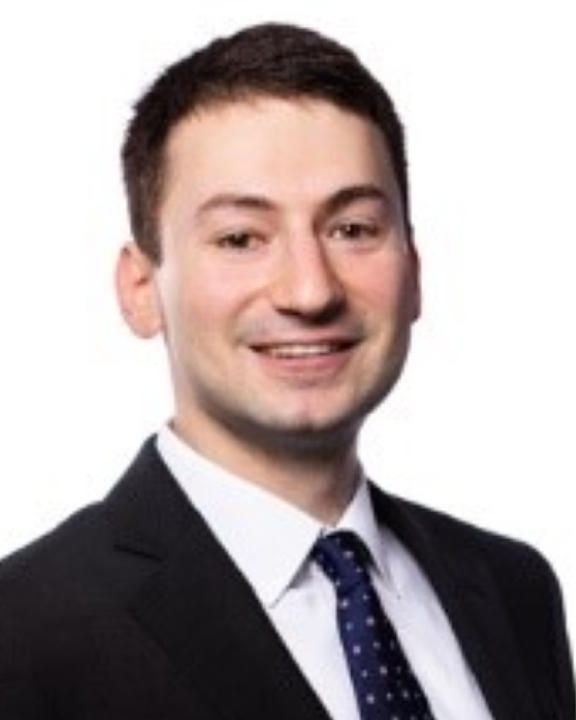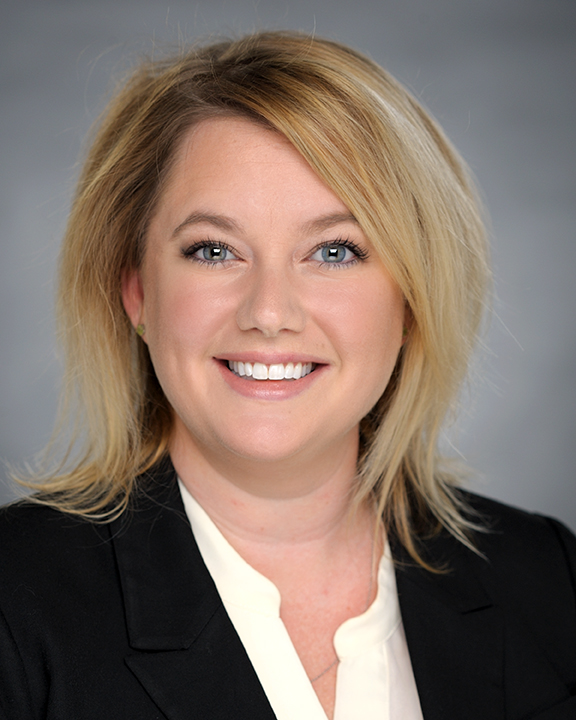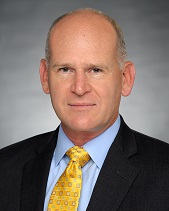On July 2, CMS announced the first states to be accepted to participate into the States Advancing All-Payer Health Equity Approaches and Development (AHEAD) model. The states that were announced as participants are Vermont, Maryland, and Connecticut. In addition, Hawaii has also been conditionally accepted pending satisfaction of certain requirements.
If you are located in a state that did not apply for one of the first two cohorts, the second application period for Cohort 3 opened June 12, 2024 with applications due by August 12, 2024. Note that New York State is required to apply for the downstate region in Cohort 3 per the terms of an approved 1115 Medicaid Waiver amendment.
As a refresher, AHEAD is a voluntary total cost of care model whereby CMS encourages a state-level, multi-sector approach to care that both holds states accountable to state or region-specific Medicare and all-payer cost growth targets while increasing investment in primary care. The model consists of three main components:
- Cooperative Agreement Funding – selected states will be awarded up to $12 million to support planning and implementation and will be accountable for Medicare FFS and all-payer cost growth targets
- Hospital Global Budgets – hospitals that choose to participate will receive a pre-determined, fixed annual budget set prospectively for hospital inpatient and outpatient facility services
- Primary Care AHEAD – enhanced primary care investment for participating practices; practices must also participate in the state’s Medicaid Alternative Payment Model (APM)
Below are five key takeaways for hospitals and providers in awarded states and states that may yet apply.
1. Hospitals Should Prepare a Global Budget Financial Model to Assess Upside or Downside for Both Medicaid and Medicare
As hospital participation is voluntary, hospitals should evaluate the financial implication of transitioning to a global budget. In February 2024, CMS published its initial methodology for calculating the Medicare FFS hospital global budget. Hospitals will be paid via prospective, bi-weekly payments that are intended to cover total cost of care (TCOC) while improving quality and curbing growth in healthcare expenditures. There is an opportunity to align with your own Medicare Shared Savings ACO for the Medicare FFS component. The global budget baseline will be calculated using historical revenue and will be adjusted annually based on changes in market dynamics and performance. Certain adjustments incentivize early participation and strong performance that will impact global budget in the future performance years of the model. See our previous article here for additional detail.
Version 2.0 of the hospital global budget financial specifications is expected to be released later this summer. This presents an opportunity for health systems to update financial models build off of Version 1.0 and to weigh in on where the methodology could be clearer and incorporate the most crucial factors.
2. Hospitals Should Consider How To Leverage Global Budget Required Capabilities and Infrastructure to Succeed in Broader Risk Arrangements
Leadership should begin evaluating current state capabilities and what new capabilities and infrastructure will be required for success in areas including:
- Data, interoperability, analytics and reporting
- Quality improvement
- Financial modeling
- Compliance and business operations
- Network and physician engagement
- Care coordination and management
- Patient experience and engagement
- Transactions and ventures
- Service line rationalization based on community need
- Leadership governance and talent change management
3. Hospitals Should Consider How to Leverage the AHEAD Model to Support State Medicaid Investments in Primary Care
The Primary Care AHEAD model introduces investments into eligible primary care practices through Enhanced Primary Care Payments (EPCP), which will average $17 per beneficiary per month. Alignment and collaboration with CMS can allow states to advance their Medicaid primary care alternative payment models, such as patient-centered medical homes and other value-based payment arrangements focused on population health and health equity. Interested organizations should consider how they can leverage the AHEAD Model to support existing Medicaid innovation and investments in primary care, which can lead to greater alignment to achieve care transformation goals.
4. Hospitals Should Consider Overlap Opportunities with Other CMS VBP Models
CMS has outlined the opportunities to participate in other CMS models. Below is an overview that hospitals should reference to inform participation decisions.
- ACO REACH – overlap is permitted but hospitals may not simultaneously receive capitated payments from both (only applied to Cohort 1 states, as ACO REACH ends on 12/31/26)
- MSSP – overlap is permitted
- Making Care Primary – AHEAD and MCP are not permitted to operate in same state/substate region
- Innovation in Behavioral Health – overlap is not permitted
- Primary Care First – overlap is permitted
- Guiding an Improved Dementia Experience (GUIDE) – overlap is permitted for primary care practices
5. Interested Hospitals outside of NY, CT, MD, VT or HI Should Communicate with Their State Agencies To Encourage an AHEAD Application for Cohort 3
- Determine if the state agency is planning to apply for participation at a state or sub-state level
- States potentially interested in applying to Cohort 3 can submit a non-binding letter of intent by July 26, 2024
- Help inform the state’s application process through collaboration on narratives and project plans, as well as drafting letters of support to strengthen the overall application
- Up to eight states will be selected for AHEAD, meaning that CMS will award up to four additional states in Cohort 3.
COPE Health Solutions’ team of experts can help your organization position itself for success in the AHEAD model as well as other value-based care programs through health plans, CMS and state-based 1115 Waiver amendments. This includes the ability to financially model AHEAD Medicare FFS and Medicaid base revenue and scenario based assumptions for performance on and impacts of the various adjustments.
Contact info@copehealthsolutions.com to learn how we can help your organization if it is considering on applying for the AHEAD program. In addition, visit our AHEAD model webpage for additional information on the AHEAD model.


